Embarking on the journey of beekeeping requires careful preparation, knowledge acquisition, and a heart full of curiosity. Unfortunately, many newbies overlook these crucial steps. In the realm of beekeeping, neglecting comprehensive learning about hive management, pest control, and overall bee health is a common misstep.
Join us on this article infused with beekeeping tips as we explore 7 typical mistakes made by new beekeepers, and how best to avoid them.
Not Preparing Properly
Venturing into a new job, skill, or even a hobby without conducting proper research will lead you down a pathway to disaster. When it comes to beekeeping, many newbies make the mistake of not investing enough time in learning about it. Avoid this at all costs.
Before starting out as a beekeeper, you need to have enough knowledge of hive management, pest control, protective gear, bee nutrition, and more. Always do your research!
Skipping Hive Inspections
A beehive reflects the colony’s health. If your hives are healthy, so are your bees. And if they are not…you get the rest. Missing out on hive inspections is a fast way for things to spiral out of control because you won’t be able to identify potential threats early enough. And if you don’t find the threats on time, you can’t get rid of them on time either.
Poor Pest Management
One thing you should never forget as a beekeeper is that your bees are 100% your responsibility. It is your job to ensure that they stay alive and healthy. Pests are very detrimental to bee health, so ignoring or neglecting pest and disease management can lead to the loss of your bee colony.
It is important to understand what attracts the pests and what causes the diseases in order to effectively manage them. Once again, always do your research.
Harvesting Honey Too Soon
Different beekeepers have different reasons for venturing into beekeeping, but honey is probably the most popular. I mean, who wouldn’t want a taste of nature’s golden elixir? Now, while it’s perfectly normal to anticipate your first honey harvest, you should also be careful not to act on that anticipation and cause future problems.
Harvesting honey before it is fully capped can lead to fermentation issues and spoilage. Better to be patient and wait till the bees have capped all the honey than prematurely harvesting and winding up with moldy honey later.
Overlooking Ventilation
When there’s not enough airflow in and out of a hive, it can lead to moisture buildup. Have you ever heard of the saying “where there’s moisture there’s mold”? Well, you probably haven’t because there isn’t actually a saying like that, but you get the point.
Moldy hives are a nightmare for both you, the beekeeper and your babies, the bees. Proper ventilation is essential for healthy hives, so ensure to have that in mind when building them.
Neglecting the Queen Bee
Don’t EVER assume your queen bee is doing fine without actually checking in on her. The only way to know exactly what is going on with your bees is by looking. As a new beekeeper, it’s easy to go: “she was doing okay the last time I checked.” But that was the last time.
Sometimes bee colonies decide to replace their queen and if you’re not observant enough, you will lose track of which bee is the queen, then you won’t be able to monitor her health and productivity. This is why you should look inside the hive regularly to verify that you have a queen with a good brood pattern.
Conclusion
It is essential to keep in mind that beekeeping is an ongoing journey of discovery. Learning never stops. Cultivate a mindset of continual learning, stay attuned to your buzzing companions, and take proactive steps in tending to your hives.
This dynamic approach ensures not only the thriving health of your bees but also the overall success and fulfillment of your beekeeping pursuit. Stay curious, stay engaged, and watch your beekeeping venture flourish.

